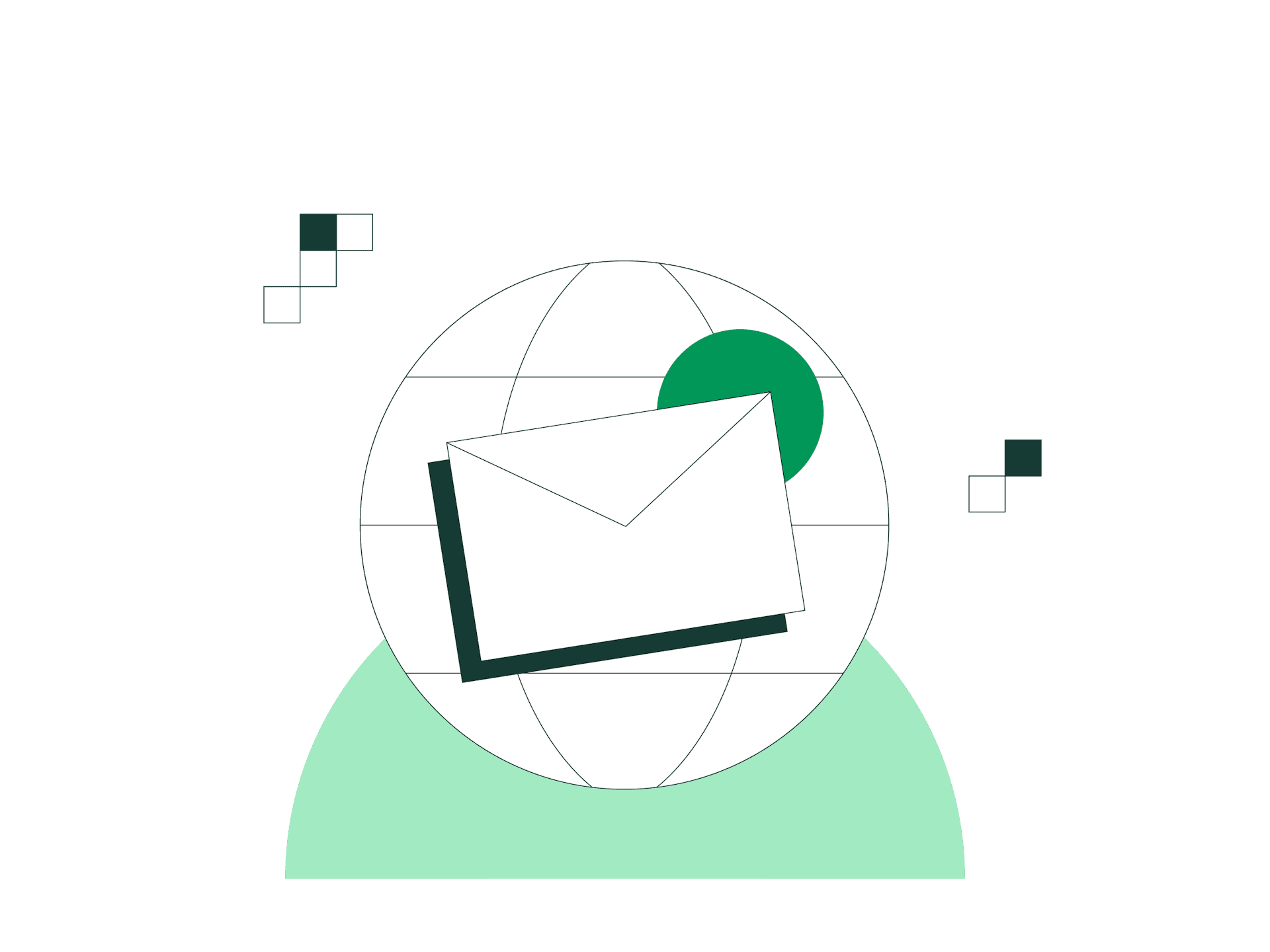It is with an accelerating pace that Poland is moving towards adopting nationwide electronic invoicing. Despite being one of the first countries in Europe to introduce a legal foundation for electronic invoices, the vast majority of Polish businesses still use legacy systems, paper, or email to distribute invoices. However, this will change when B2B e-invoicing becomes mandatory in 2024.
The driving force for digitalization
Initially, the private sector was the main driver for market development of e-invoice adoption around the world. The benefits of e-invoicing are evident and only a natural step forward for companies looking to enhance operations and improve their internal business processes. E-invoicing not only enables cost savings and reduces the risk of errors; it also provides valuable insights as well as accuracy and security to business operations.
Although lately, it is governments that are increasingly driving the change, as more emphasis is placed on governmental efficiency and tax gap reduction. The tax gap has a significant impact on each country's economy, and many governments turn to electronic invoices and other document types to ensure better indirect tax collection in their jurisdiction.
E-invoicing mandate in 2024
In Europe, for instance,the EU Directive on Electronic invoicing in public procurement has reached legislation at a national level across the continent. In many countries, e-invoicing has become mandatory not only for the public sector but also on the private sector side. This is also the case in Poland. As of 2024, the e-invoicing mandate will enter into force, affecting all Polish VAT registered businesses.
Polish law has stated since 2005 that electronic invoices should be legally equivalent to their paper counterparts. But even though permitted, the use of electronic invoices did not gather the momentum as was expected. To give digitalization a push, the Polish Ministry of Economic Development decided to create a single national invoicing platform called PeF. This allowed public entities to receive e-invoices and suppliers to send e-invoices by connecting to the platform.
The platform quickly gathered a noticeable number of users when it launched in 2019 but faced challenges due to the fact that the PeF system focused only on the public sector. Thus, to enable a nationwide transition to e-invoicing, a new centralized platform has been created: the KSeF platform (Krajowy System e-Faktur).
Webinar: KSeF e-invoicing in Poland
The new KSeF platform
The KSeF platform testing environment is already live, and since January 2022 it is available for businesses to start voluntarily sending and exchanging electronic invoices via this platform. When the e-invoicing mandate enters into force, companies from all sectors and industries will be required to exchange invoices with their business partners via the new platform.
In practice, there's no direct document or passing of information between suppliers and buyers regarding tax invoices. Instead, this is all done via the KSeF platform. To exchange documents through the platform, users are required to issue the invoice in a standardized Polish-specific format (FA_VAT) and be able to receive return messages from KSeF.
Benefits of KSeF
The use of the KSeF comes with multiple benefits. For instance, tax refunds will be shortened from sixty days to forty, and e-invoice archiving is not required as the KSeF system does this on behalf of the taxpayers. In addition, there’s no need to separately generate audit files (JPK_FA), as the required data will be available for the authorities in the system.
Once an electronic invoice has been approved by the KSeF platform, suppliers can rest assured that the invoice has been successfully and legally received by the buyer. So, no more wondering whether the mail was delivered, or the PDF was lost in your spam folder.
“Sending e-invoices in line with regulatory requirements will help you streamline your internal processes and enhance your operations even further.”
When and how to get started?
To get started, you should first check the capability of your ERP system. Can it provide and receive structured data, or does it rely on paper or PDFs? If your system is not ready, make sure you update it and correct the data in order to ensure that all the demands of the local jurisdictions are fulfilled.
It is not required to have a service provider operating on your behalf. However, if you are unable to fulfill the technical and invoice format specifications required to pass the invoices to the KSeF platform, you should contact a service provider like Pagero to help you solve issues around local demands and problems.
And lastly – start acting now. For Polish or international companies doing business in Poland, there is no reason to wait. 2024 may sound far away, but early adoption has many advantages, especially for large enterprises.Although it may seem complicated, regulated e-invoicing brings direct benefits to your business. Sending electronic invoices in line with regulatory requirements will help you streamline your internal processes and make a strong base for enhancing and automating your operations even further. And that’s what we will help you accomplish – making buying and selling easy.
The article was originally published in the December 2021 issue of the Scandinavian-Polish Chamber of Commerce MagazineScandinavian-Polish Chamber of Commerce Magazine
Read more about e-invoicing via KSeF
Topics:

Stay in the loop with our newsletter

Get in touch
Interested in getting started or learning more? Leave your contact details here and we will reach out to you!
